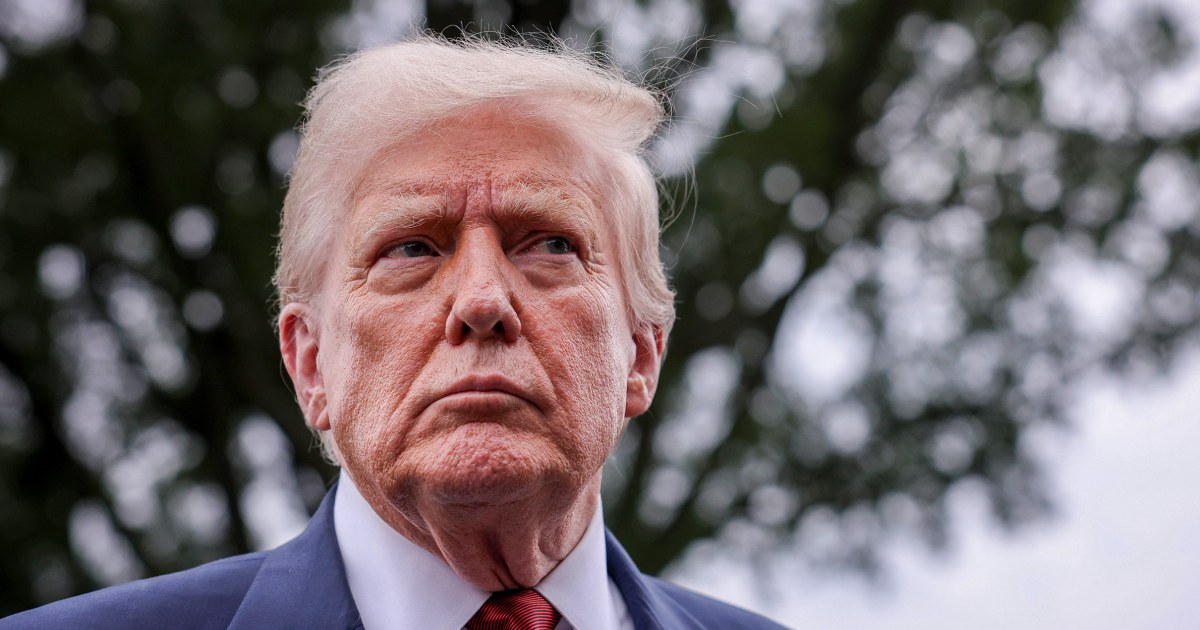A group of Democratic state legislators across three states unveiled a series of bills today that would ban the use of face coverings by law enforcement officers — an attempt to curtail the much-criticized use of such items by Immigration and Customs Enforcement agents.
As part of Trump’s promises to deport undocumented immigrants, ICE officers have ramped up their presence in cities and towns across the U.S., conducting an expanded number of raids and enforcement actions — and increasingly doing so while wearing face masks that shield their identities.
The bills from Democratic state lawmakers in New York, Massachusetts and Pennsylvania would ban the use of such coverings. Enforcement of the laws, if enacted, would be overseen by the attorneys general in those states.
“The biggest problem is with ICE federal agents who are appearing as if they are masked militia,” New York Democratic state Sen. Pat Fahy, who’s sponsored the bill in her state, said at a news conference on the sidelines of the National Conference of State Legislatures’ annual summit in Boston. “We think a dangerous line is being crossed here, and that immigration enforcement is really turning into more of a paramilitary type secret police,” she added.
Massachusetts state Rep. Jim Hawkins, who sponsored the bill in his state, said his proposal “is a step towards mending the divide and fostering trust between law enforcement and the public with transparency identification and reason.”
“There should be no need for disguises while performing their duties to the communities they serve,” he added.
“You don’t see our local police running around masked up,” Pennsylvania state Rep. Paul Friel, who sponsored the bill in his state, said. “You don’t see judges making decisions behind shields, behind the curtain. You don’t see lawmakers making bills anonymously.”
All three lawmakers acknowledged that their proposals have no support from Republicans in their legislatures. That might not be a problem in New York and Massachusetts, where Democrats control both legislative chambers and the governorship. But Pennsylvania’s split state government — the state has a Democratic governor and a GOP-controlled state Senate, while Democrats hold only a one-seat majority in the state House — effectively ensures no movement on the bill.
